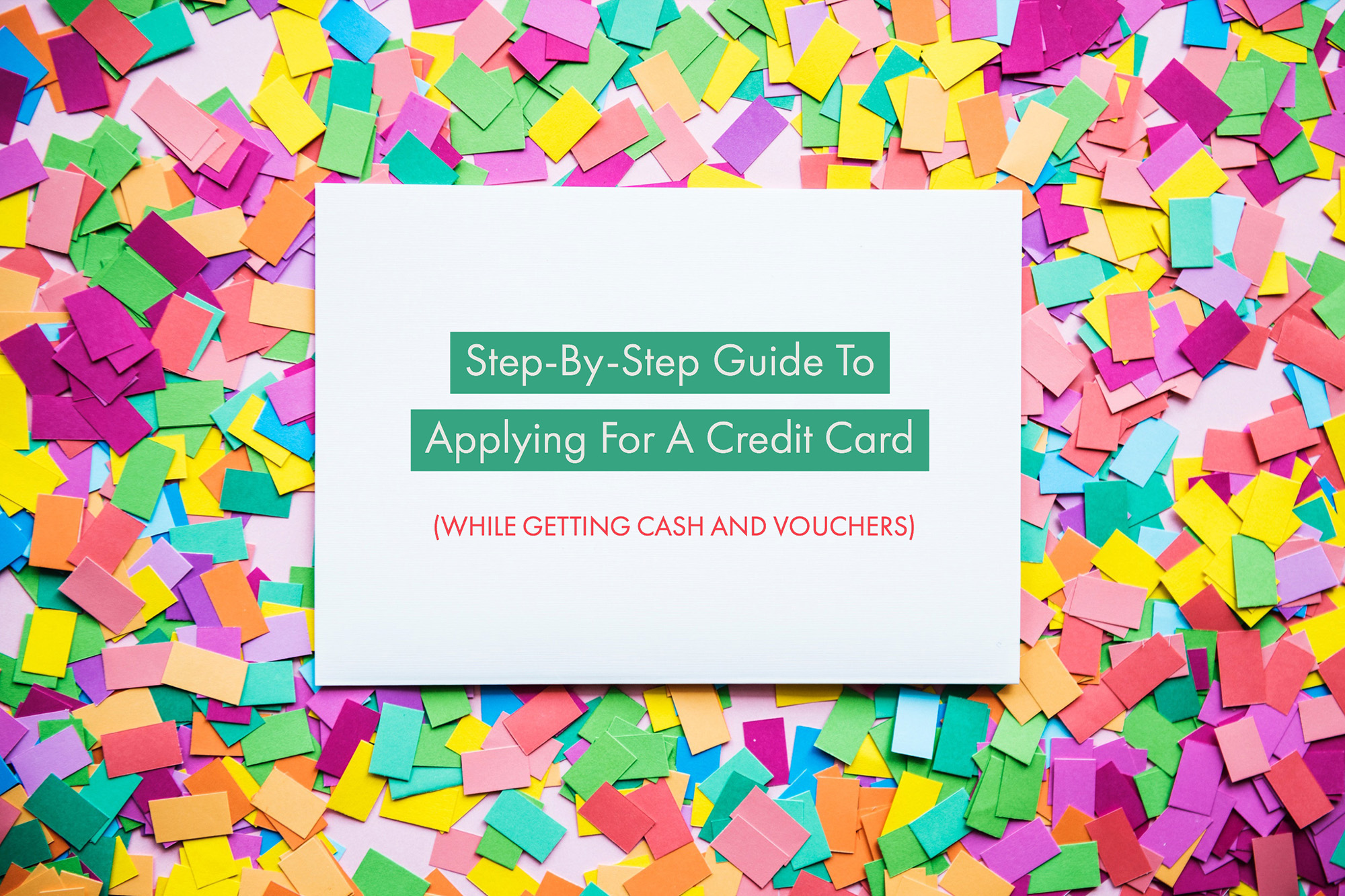Step-By-Step Guide For Freelancers And Self-Employed Individuals In Singapore Applying For Credit cards


Being self-employed nowadays is increasingly common. With the rise of online platforms and flexible systems, more folks are enabled to consider short-term careers or “gigs” as their main income source.
At the same time frame, there's a rising number of entrepreneurs and start-ups because of the robust governmental support provided within this scene. Those people who are self-employed choose to and grow to do this for a number of reasons – – flexibility, freedom, purpose or perhaps as a stopgap means to fix supplement financial commitments while they're between jobs.
However, self-employed individuals face a different set of challenges such as saving for retirement, insufficient employee benefits or labour protection, and even trying to get financial products such as credit or bank loans.
Here are the requirements you have to pay attention to and get ready for, if you are a self-employed individual that wants to apply for a credit card, like the UOB One, OCBC 90°N, or American Express Krisflyer Blue.
#1 Make sure that The Issuing Bank Accepts Self-Employed Applicants
Not every bank would accept self-employed applicants. Some of the banks which do are American Express, DBS / POSB, OCBC, UOB, Citibank, Bank of China, Maybank, Standard Chartered, HSBC. By this definition, this means these banks accept alternative evidence of income aside from the official computerised monthly payslip.
You also needs to know very well what the bank defines to become a self-employed person. Generally, it can encompass different groups of people such as freelancers (commonly known as independent contractors), people in the gig economy (such as private car-hires, food delivery riders), property and agents or even business people and start-up founders. In some cases, your application is accepted as long as you furnish evidence of documents (for example bank statements) that can demonstrate your ability to pay back the loan owed.
#2 Know What Documents Are Needed And If They may be Furnished
Depending around the bank, you might require one or the following in your credit card application if you are self-employed:
– Tax returns
– Financial statements
– Proof of rental income
– Income tax notice of assessment
– Recent bank statements
– Company-specific information
– Personal identification
This might be easy or difficult to prove based on your work. For example, a Grab driver-partner may find this criterion easy to fulfil simply because they get annual driver-partner statements which can be supplied being an income statement, while they are thought to be self-employed.
Alternatively, business owners and insurance agents may find themselves bearing a heavier burden of proof. Their tax and income declaration is manually calculated and they'll have to supply records of revenue earned themselves. In instances where it is difficult to prove income earned, some banks might just accept a bank statement showing the quantity of balance you have but this is not always the situation.
Importantly, some documents just like your tax notices also need to be dated from 2 years back. This indicates that the business will have to be operational for at least 24 months before you are in a position to obtain a charge card like a self-employed business proprietor.
#3 Don't Apply For Multiple Cards At Once
Part of the eligibility for a charge card would be your credit history. Your credit history is negatively affected when you make an application for multiple credit cards at once, as this creates more credit enquiries in the banks. When you have too many credit enquiries, it shows that you are attempting to defend myself against more debt than you can handle. This affects your credit rating as you are seen as a source of risk towards the lender or card issuer.
Sometimes, banks might even automatically reject a credit card applicatoin since it is too near to an earlier application. Ideally, you need to wait for a period of a few months between each application.
#4 Be Selective Regarding your Applications
As each application can weigh significantly in your credit rating, you should be strategic about all of them. Understand your current credit utilisation ratio as well as your debt-to-income ratio, which means you be aware of likelihood of your ability to succeed in trying to get a credit card.
For example, some people may have their application rejected even if they repay their monthly balances since the ratio of their monthly balance and borrowing limit used were consistently high – – above 50% of their income. An eligible candidate who meets the income requirement may also be rejected because of the quantity of accounts they currently have using the various banks.
In these cases, creditors may doubt the candidate's capability to undertake anymore credit but still be able to eliminate them completely based on their current income. Always seek information prior to making any application.
Apply For Credit Only when You are able to Take On The Financial Responsibility
The criteria in trying to get credit cards really should not be seen as restrictive. Of course, what's needed in trying to get any financial product are meant to ensure that you do not take on anymore financial budget than you should.
Applying for personal debt such as charge cards may bring you benefits like charge card rewards and a opportunity to rebuild your credit rating, it exposes you to the risk of personal debt. Continually be prudent. Apply only for what you need, and just if you think certain that you have a strong handle on managing your money and cashflow.
Also, if you’re a business owner, freelancer, or are self-employed, join the DollarsAndSense World of business to go over shared challenges with like-minded people, expand your professional network, and gain access to resources and knowledge shared by folks.






